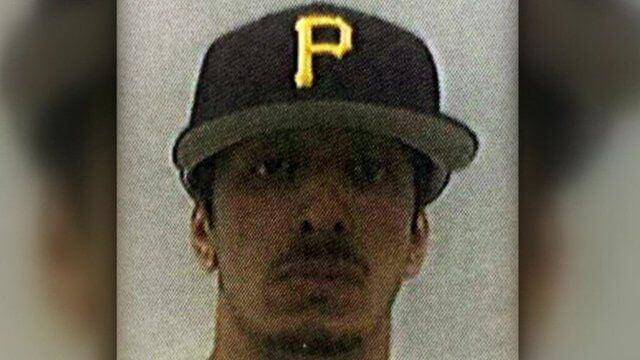By clicking “Accept All Cookies”, you agree to the storing of cookies on your device to enhance site navigation, analyze site usage, and assist in our marketing efforts. View our Cookie Policy for more information.
Articles
You're going to be followed...life will be harder for you': the story of Mohammed Emwazi
February 26, 2015
Download Files
No items found.
Newletter
ORIGINAL REPORTING ON EVERYTHING THAT MATTERS IN YOUR INBOX.
Success! We really appreciate it! You're part of our mission for justice in the evolving war on terror.
Oops! Something went wrong while submitting the form.
Relevant Posts


You're going to be followed...life will be harder for you': the story of Mohammed Emwazi
Articles


You're going to be followed...life will be harder for you': the story of Mohammed Emwazi
Articles

About
CAGE International is an independent advocacy organisation that aspires to a just world. We challenge War on Terror inspired state oppression and empower communities to dismantle the discourses and policies of the global War on Terror.
Premier Business Centre 47-49 Park Royal Road London NW10 7LQ United Kingdom
Helpline: 03000302243
Office: 02073776700
General email: contact@cage.ngo
Media enquiries: press@cage.ngo




